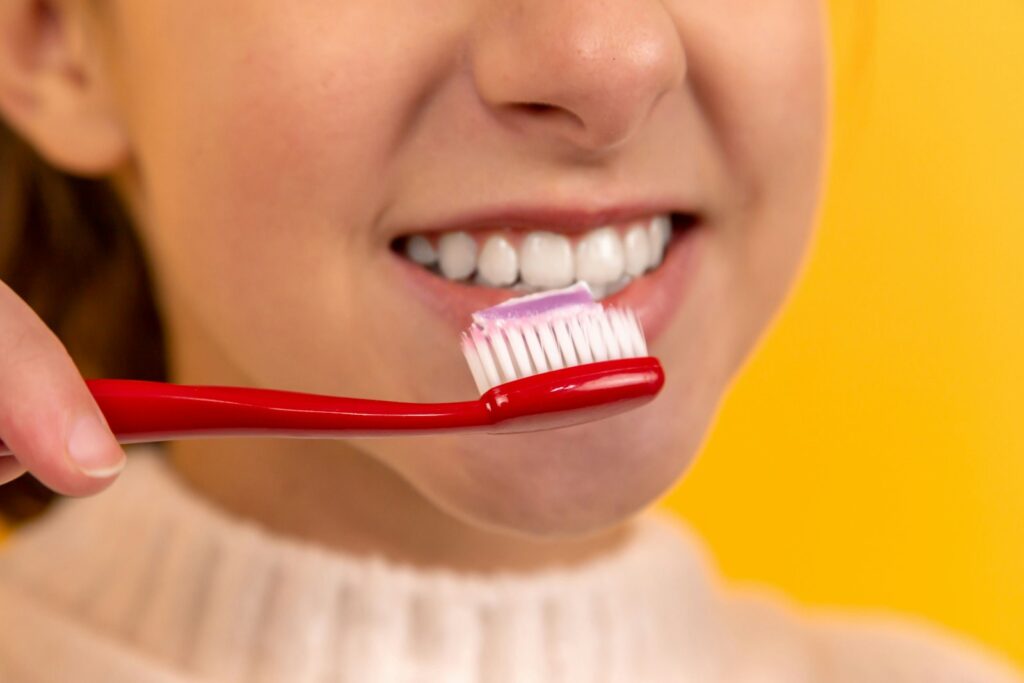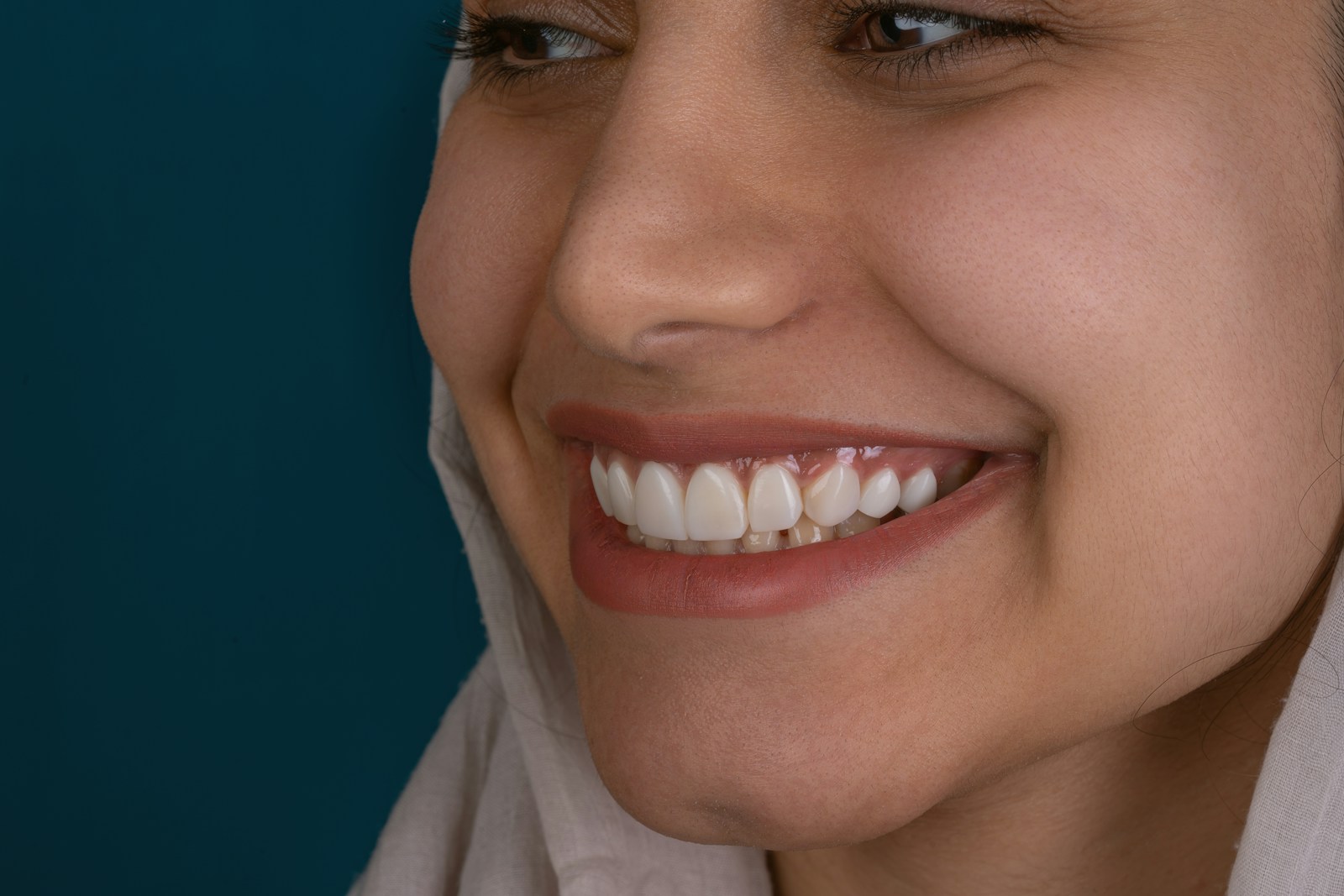A healthy smile is not just a confidence booster; it’s a cornerstone of good health. Over the years, I’ve realized that the state of our oral health can offer clues about our overall well-being and that problems in our mouth can affect the rest of our body. A healthy smile is more than just aesthetically pleasing; it can be indicative of robust physical health. The mouth is a gateway to the body, and poor oral health can lead to a myriad of health issues, from heart disease to diabetes.
Maintaining a healthy smile is essential not just for our self-esteem, but for our general health as well. A radiant smile speaks volumes before we even utter a word, and it can play a pivotal role in social interactions and professional success. I’ve found that by taking care of my teeth, I’m also taking care of my body. This realization has made me more diligent in my oral care routine, motivating me to prevent issues before they start.
The battle against cavities is ongoing, and I’ve learned that proactive measures are key. Cavities are preventable with the right care and knowledge. By understanding the importance of maintaining a healthy smile, we set the stage for a lifetime of good oral health, and by extension, overall well-being. It’s a commitment that requires consistency and dedication, but the rewards are well worth it.
Understanding Cavities and Their Causes

Cavities, or dental caries, are damaged areas in the hard surface of your teeth that develop into tiny openings or holes. They are caused by a combination of factors, including bacteria in your mouth, frequent snacking, sipping sugary drinks, and not cleaning your teeth well. Bacteria in the mouth thrive on the sugars and starches from our food, producing acids that can erode tooth enamel.
The process of tooth decay begins with plaque, a sticky film of bacteria. If plaque is not removed, it can harden into tartar, making it more difficult to clean your teeth and creating a shield for bacteria to grow. Over time, the acids produced by these bacteria can create holes in the enamel – these are cavities. If left untreated, cavities can penetrate deep into the tooth, causing pain and possible tooth loss.
Understanding the causes of cavities is crucial in preventing them. It’s a combination of biology, lifestyle, and habits. By knowing what contributes to tooth decay, we can take steps to prevent it. It’s about making small changes to protect our teeth from the bacterial onslaught that leads to cavities. With this knowledge, we are better equipped to keep our smiles healthy and cavity-free.
Dental Tips for Preventing Cavities
Preventing cavities is not just about brushing and flossing. It’s about making smart choices and incorporating a variety of dental tips into our daily routine. The first tip is to be mindful of our brushing habits. We should brush our teeth at least twice a day with fluoride toothpaste, ensuring we reach all surfaces of our teeth. Fluoride is essential as it helps remineralize the enamel and prevent decay.
Another tip is to consider the timing of our brushing. It’s advisable to brush your teeth after eating and drinking anything other than water, especially if you’ve consumed something acidic or sugary. However, if you’ve had something highly acidic, it’s better to wait at least 30 minutes before brushing to avoid damaging the enamel, which can be softened by the acid.
Lastly, it’s important to replace our toothbrushes or brush heads every three to four months, or sooner if the bristles are visibly frayed. A worn toothbrush won’t do a good job of cleaning your teeth. Keeping these tips in mind and acting on them can greatly reduce the risk of cavities and contribute to a healthier smile.
Brushing Techniques and Toothpaste Recommendations

Brushing your teeth correctly is just as important as brushing them regularly. Use gentle circular motions and take care to brush the outer, inner, and chewing surfaces of the teeth. Many people tend to rush through brushing, but I’ve learned that taking at least two minutes to thoroughly clean your teeth can make a significant difference in removing plaque and preventing cavities.
The choice of toothpaste is also paramount in the fight against cavities. Fluoride toothpaste is recommended because fluoride is proven to strengthen enamel and help prevent decay. For those with sensitive teeth or other specific needs, there are various formulations available that cater to different oral health concerns. It’s worth consulting with a dentist to find the most appropriate toothpaste for your teeth.
An electric toothbrush can be a worthwhile investment for many people. They are designed to cover more surface area and reduce plaque more effectively than manual toothbrushes. Their oscillating and pulsating motions help to remove plaque and reduce gingivitis more effectively. If you prefer a manual toothbrush, make sure it has soft bristles and that you’re using the correct technique to avoid damaging your gums.
The Role of Flossing in Cavity Prevention
Flossing is an integral part of oral hygiene, yet it is often neglected. Flossing removes food particles and plaque from between the teeth, where a toothbrush cannot reach. By skipping this step, you’re leaving your teeth vulnerable to cavities in those hard-to-reach areas. I’ve made it a habit to floss at least once a day, and the difference in my oral health has been substantial.
The technique is also important when it comes to flossing. Use a piece of floss up to 18 inches long, allowing you to use a fresh section of floss for each tooth. Slide the floss gently up and down between your teeth, following the curve of each tooth. Some bleeding at first is normal, but if bleeding continues after a few days, it’s a sign you should visit your dentist.
For those who find traditional flossing difficult, there are alternatives such as water flossers and interdental brushes. These can be particularly helpful for people with braces or other types of dental work. No matter the method, the goal is the same: to disrupt and remove the plaque between your teeth to prevent cavities.
The Benefits of Mouthwash and Rinses
Mouthwash can be a helpful adjunct to brushing and flossing. It can reach areas of the mouth that might be missed by a toothbrush, and it can also help reduce the amount of plaque and bacteria. Therapeutic mouthwashes, in particular, can help slow the development of cavities, fight bad breath, reduce plaque, prevent or reduce gingivitis, and reduce the speed that tartar forms on the teeth.
When choosing a mouthwash, look for one with fluoride to help protect against cavities. Some mouthwashes have antiseptic ingredients to kill the bacteria that cause plaque. However, it’s important to note that mouthwash should not replace brushing and flossing. It’s intended to complement your daily oral hygiene routine.
Swishing with mouthwash for 30 seconds can make a significant difference. I’ve found that incorporating mouthwash into my routine has not only improved my oral health but also given me an extra boost of freshness. As always, it’s best to consult with your dentist to determine the best type of mouthwash for your individual dental needs.
Dietary Considerations for Cavity Prevention
Diet plays a crucial role in the health of our teeth. Foods high in sugar and carbohydrates can contribute to the formation of plaque and the development of cavities. Therefore, it’s important to limit the intake of sugary snacks and drinks, opting instead for healthier alternatives like vegetables, nuts, and cheese, which can actually help to neutralize the acids in the mouth.
Drinking plenty of water, especially if it’s fluoridated, is another dietary consideration for preventing cavities. Water helps wash away food particles and keeps the saliva levels high. Saliva is important because it contains proteins and minerals that counteract enamel-eating acids and help rebuild teeth. Drinking water after meals can provide an immediate benefit by rinsing away food debris and acids.
Incorporating a balanced diet rich in calcium and phosphorus can also strengthen teeth. These minerals are key components of our teeth, and foods that contain them can help to replenish the minerals lost to the decay-causing acids. By paying attention to what we eat, we can help to prevent cavities and maintain a healthy smile.
Regular Dental Check-Ups and Cleanings
Regular dental check-ups and cleanings are essential in the fight against cavities. During these visits, dental professionals can spot early signs of cavities and other dental issues before they become serious. Professional cleanings also remove tartar that cannot be removed by brushing and flossing alone. I’ve found that staying on top of these appointments has been instrumental in maintaining my dental health.
Typically, it’s recommended to visit the dentist every six months, although some individuals may require more frequent visits depending on their oral health status. These appointments are also an opportunity to discuss your oral hygiene habits and get personalized advice from your dentist on how to improve your routine.
Preventive treatments such as dental sealants or fluoride treatments may also be recommended during a check-up. Sealants are protective coatings applied to the chewing surfaces of the back teeth, where cavities often form. Fluoride treatments help to strengthen enamel and can be especially beneficial for children and adults at high risk of cavities.
The Impact of Stress and Oral Health
Stress can have a surprising impact on oral health. When we are stressed, we may neglect our oral hygiene routines, consume more sugary comfort foods, or even grind our teeth, all of which can contribute to the development of cavities. Additionally, stress can affect saliva production, making the mouth drier and more prone to cavities, as saliva is necessary to wash away food particles and neutralize acids.
Understanding the connection between stress and oral health has encouraged me to adopt stress-reducing practices. Activities such as exercise, meditation, and ensuring adequate sleep can help manage stress levels. It’s also important to be conscious of our responses to stress and to maintain our oral health routines even during challenging times.
In cases of teeth grinding or clenching, known as bruxism, a dentist can recommend wearing a mouthguard at night to prevent damage to the teeth. Being proactive about managing stress can help maintain not only our mental and physical health but also our oral health.
Conclusion: Taking Control of Your Dental Health
Taking control of your dental health means being proactive and diligent with your oral care routine. It means understanding the importance of maintaining a healthy smile, not just for the sake of appearance but for overall well-being. By incorporating these dental tips to help reduce the risk of cavities into our daily lives, we can prevent dental issues before they start and enjoy the benefits of a healthy smile.
Preventing cavities is a multifaceted approach that includes brushing and flossing correctly, using mouthwash, making smart dietary choices, attending regular dental check-ups, and managing stress. These practices, along with a commitment to our oral health, can lead to a lifetime of healthy smiles.
Remember, our oral health is in our hands. By taking the initiative and following these essential dental tips, we can prevent cavities and ensure that our smile remains bright and healthy. If you have any concerns or questions about your oral health, don’t hesitate to reach out to your dental professional for guidance and support. Your smile is worth the effort.



















